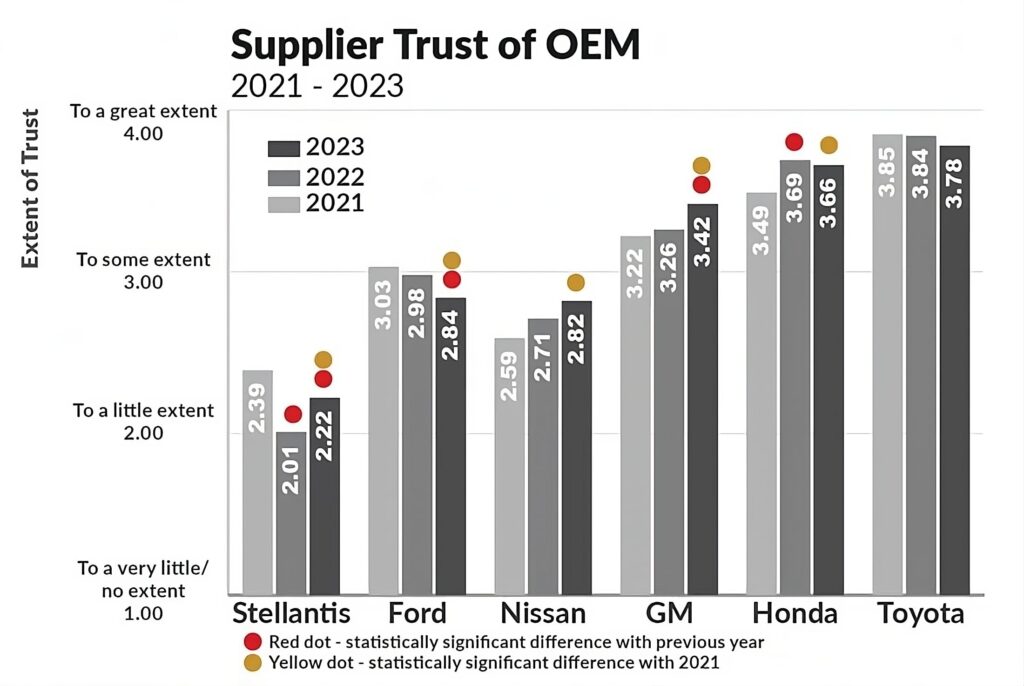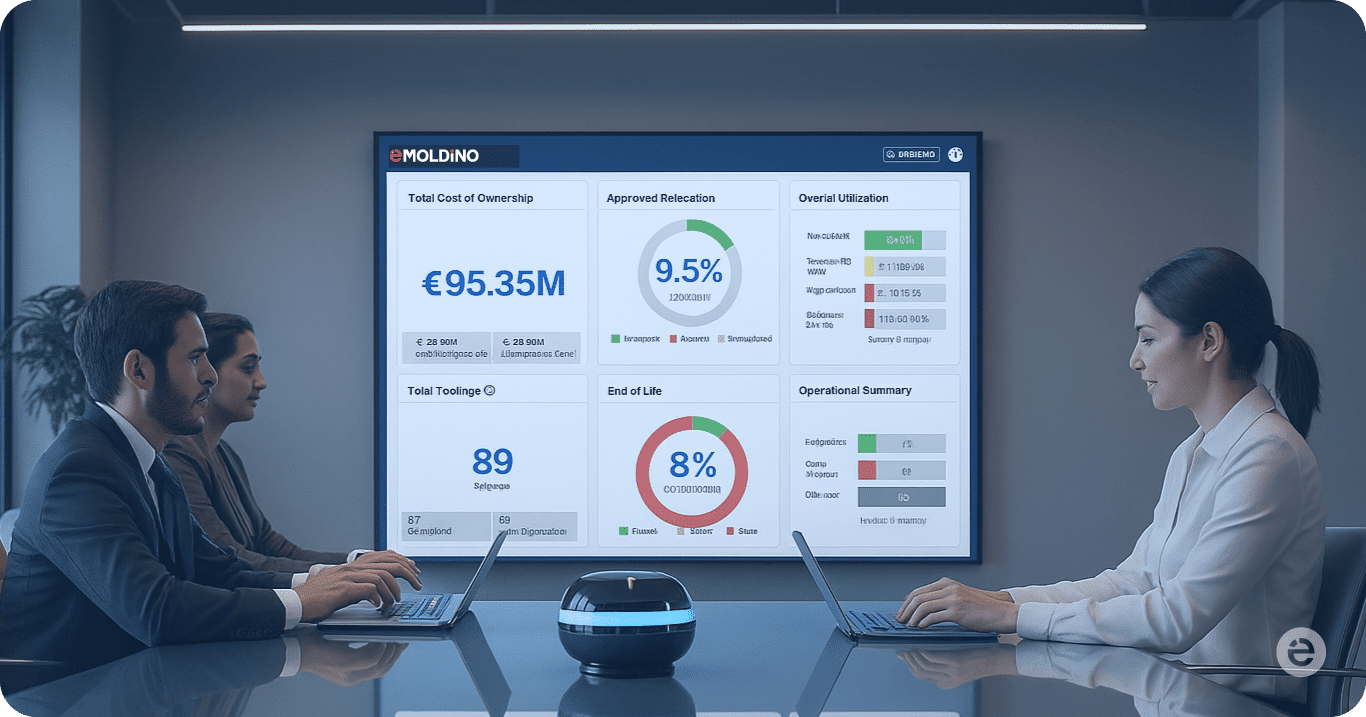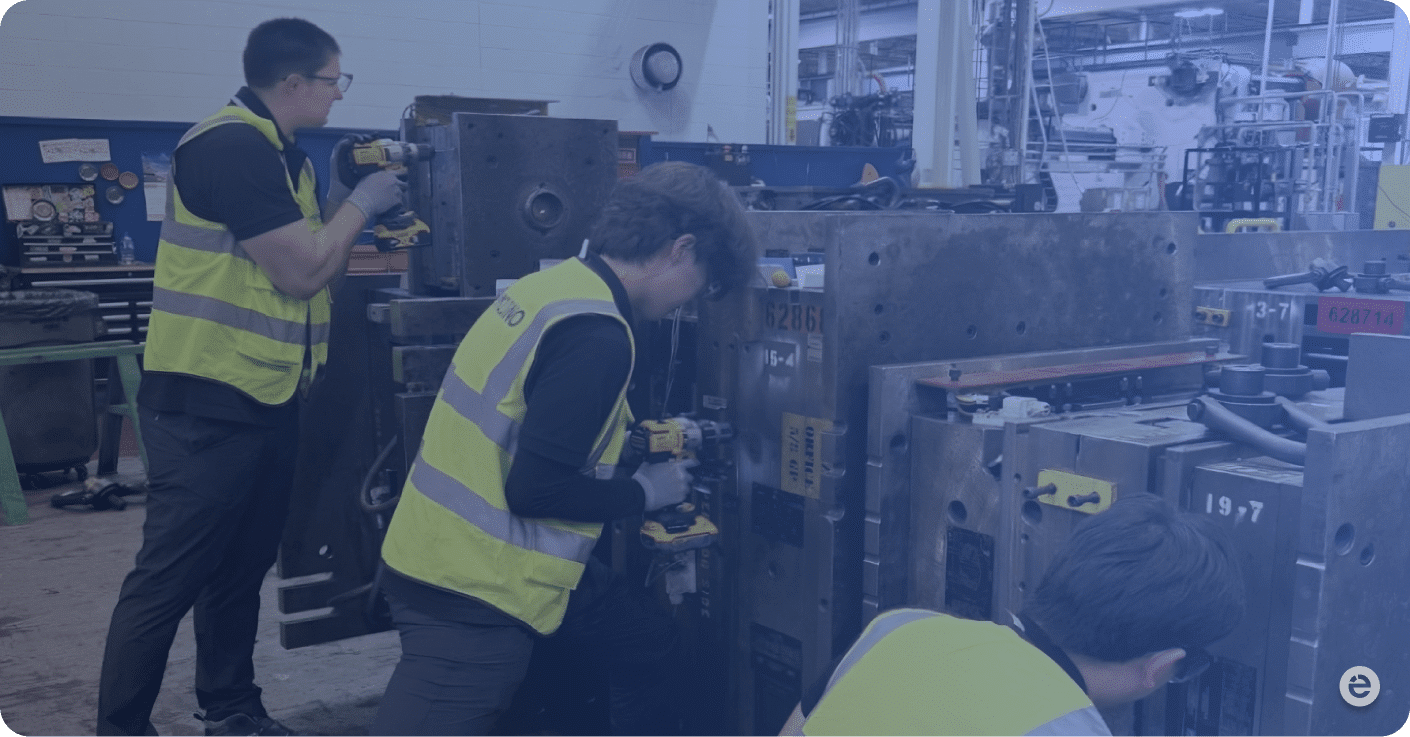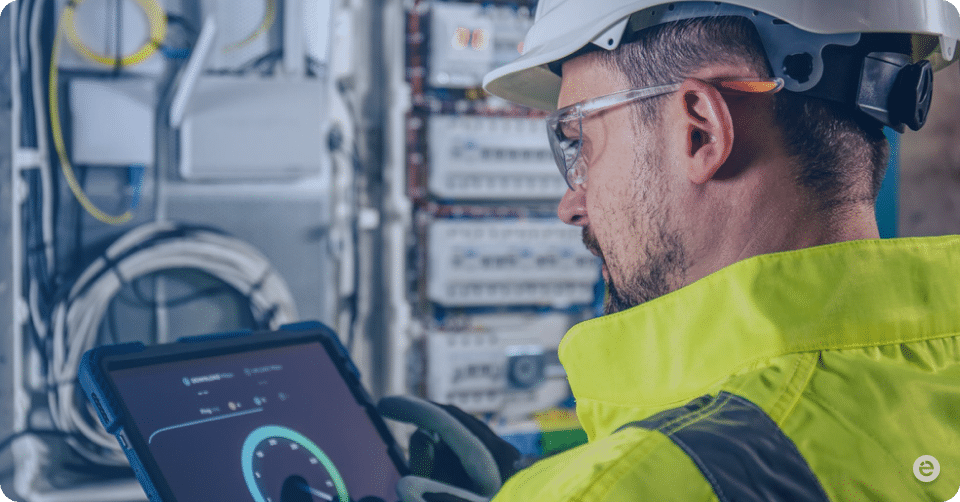Introduction
In recent years, the automotive industry has faced challenges marked by increased recalls attributed to component quality issues. This underscores the critical need for Original Equipment Manufacturers (OEMs) to refine their supplier relationship management strategies built on trust and communication. As partners in the auto ecosystem, suppliers’ roles evolve from mere contractual cooperation to a more coexistent and interdependent relationship.
Building Trust Through Effective Communication
The foundation of robust OEM-supplier relationships lies in trust, which is cultivated by delivering on commitments, and sharing timely information about long-term purchasing strategies. In today’s high-risk business environment, CEOs, as the key decision-makers, have the power to prioritize partnerships where they find trust, return on investment, and prospects for future business.
Open and honest communication, when fostered within the confines of direct OEM-supplier interactions and transparency with broader supplier networks, can lead to improved product quality, reduced recall rates, and increased customer satisfaction.

Source: plante moran
Trust and communication are increasingly recognized as foundational elements of strong working relationships. Between 2021-2023 Toyota and Honda consistently receive high trust ratings, reflecting their effective communication and collaborative practices with suppliers. In comparison, manufacturers such as Stellantis and Ford experience more variability in trust scores, suggesting potential areas for enhancement in their supplier relationship strategies.
This leads to an important question: How can digital tools enhance communication between OEMs and suppliers?
Digital Tools: A Bridge Over Troubled Waters
On April 18th, a panel of tooling digitalization and automotive experts discussed how digital tools can improve these relationships. The Capacity Management Dashboard, a key tool from the tooling digitalization experts, was highlighted for its ability to offer real-time production data to both parties, fostering a collaborative environment.
This functionality supports proactive decision-making and facilitates continuous improvement by allowing for immediate adjustments without placing blame, thereby enhancing trust and transparency between OEMs and suppliers.
This enhanced visibility and cooperation help prevent potential conflicts and misunderstandings arising from data mismanagement. By providing manufacturers and suppliers access to the same accurate real-time information, the dashboard ensures that any changes in production or cycle times are addressed collaboratively rather than contentiously.
The ongoing interaction and data sharing ensure that trust is built and maintained, forming the foundation of a robust and productive relationship that benefits the entire supply chain.
Conclusion
The automotive industry’s journey toward digital transformation involves not just adopting new technologies but also reshaping the interactions between OEMs and their suppliers. By leveraging tools like the Capacity Management Dashboard, the industry can enhance efficiency and strengthen the collaborative ties necessary for innovation and growth.
About the author
 eMoldino
eMoldino
eMoldino aims to digitalize, streamline, and transform your manufacturing and supply chain operations. We help global manufacturers who want to drive corporate innovation while maintaining the core values of collaboration and sustainability. Talk with us to learn more →
Did you enjoy reading this article?
5 / 5. Vote count: 1
Explore Our Latest Posts




















